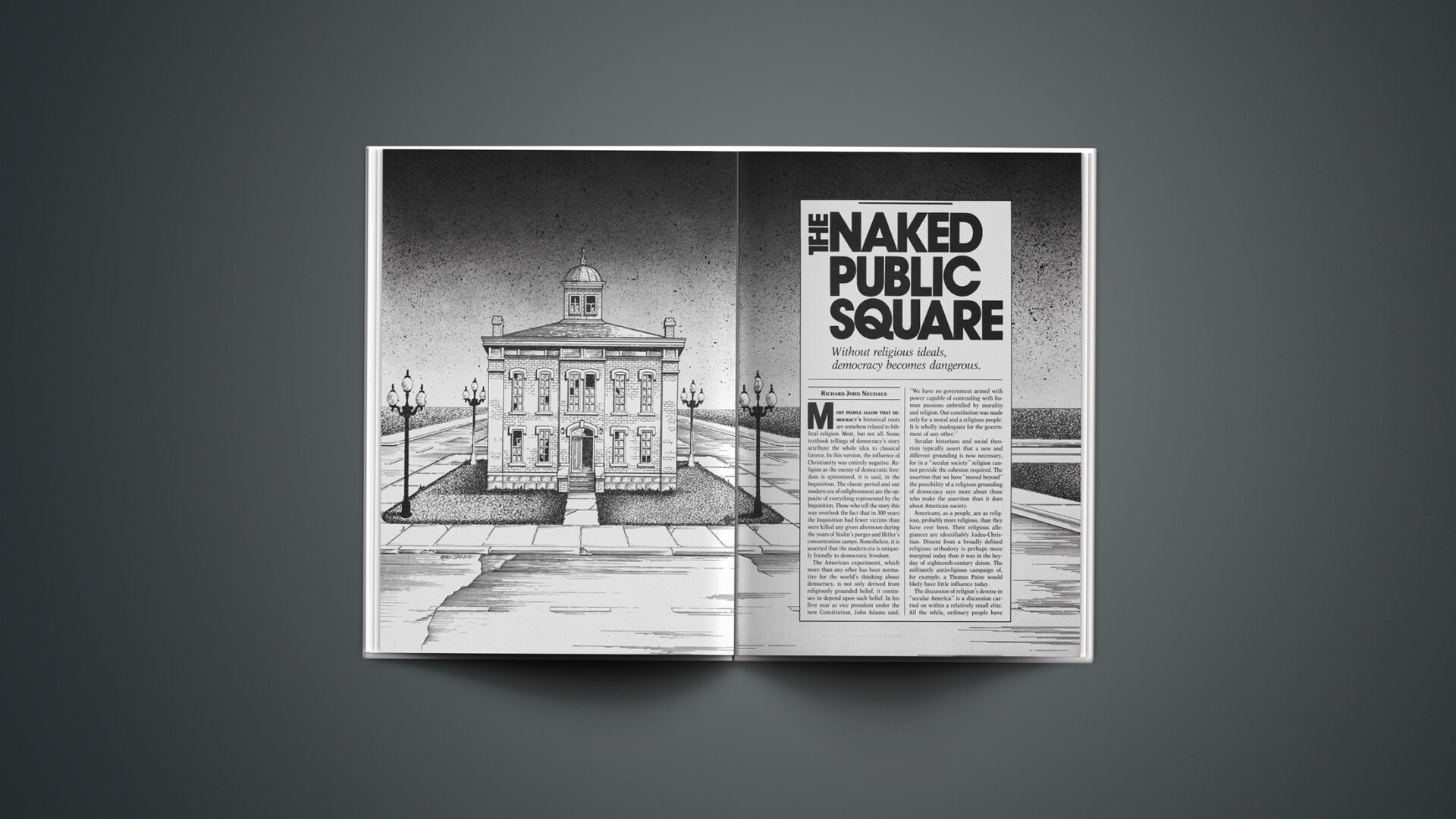Henry Ifs son, Richard the Lionhearted (r. 1189-1199), spent less than six months of his ten-year reign in England, but thanks to Henry II, the bureaucracy functioned without the presence of the king. Indeed, it functioned all too well for the liking of the population, since Richard needed more money than had ever been needed before to pay for his Crusade, for his ransom from captivity, and for his wars against Philip Augustus of France.
Heavy taxes were levied on income and on personal property; certain possessions, including silver plate, were simply confiscated; many charters were sold to cities. Thus it was that Richard’s brother John (r. 1199-1216) succeeded to a throne whose resources had been squandered. John had the misfortune to face three adversaries who proved too strong for him: Philip Augustus, who expelled the English from France north of the Loire; the pope, Innocent III; and the outraged English barons.
In 1206 the election to the archbishopric of Canterbury was disputed between two candidates, one of whom was favored by John. The pope refused to accept either, and in 1207 procured the election of a third, Stephen Langton (c. 1155-1228), who was a learned English scholar at Paris. John exiled the monks of Canterbury and confiscated the property of the see. Innocent responded by putting England under an interdict and by excommunicating John. He threatened to depose John and corresponded with Philip Augustus, who prepared to invade England.
Fearing with good reason that such an invasion would strain the loyalty of his own vassals, John gave in (1213). Not only did he accept Langton as archbishop of Canterbury and promise to restore church property and to reinstate banished priests, but he also recognized England and Ireland as fiefs of the papacy and did homage to the pope for them. Thereafter Innocent sided with John in his quarrel with a large faction of the English barons.

